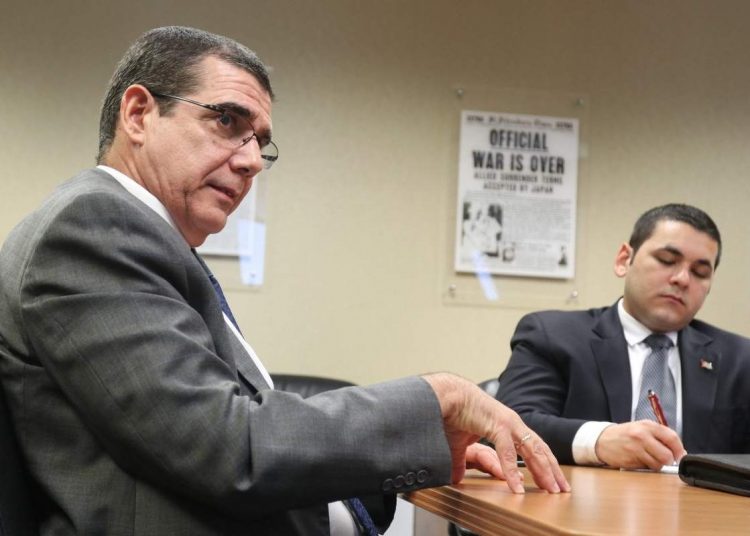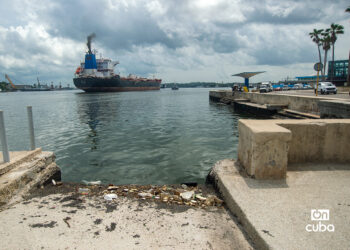Cuba’s ambassador to the United States, José Ramón Cabañas, visited Tampa this week. According to the daily Tampa Bay Times, he said that Cuba’s ties with this Florida region can continue growing outside of Washington’s policy of hostility.
Since the 19th century Tampa, and particularly the bay area, has had a very special relationship with the island. Ybor City was founded in 1886 by Spaniards, Cubans and Italians involved in the then burgeoning cigar industry.
Cabañas gave as an example expanding the collaboration between the National Aquarium of Havana and the Florida Aquarium in Tampa to save the coral reefs in the Caribbean.
“We are exploring several ideas about how to expand that cooperation, which until now is bilateral, to include other countries in the Caribbean,” he said. Aquarium spokeswoman Kari Goetz said: “We are open to working with anyone in the restoration of corals.”
On the other hand, the diplomat hopes to interest local mayors in attending the celebration of the 500th anniversary of the capital, Havana. “Mayors from many parts of the world are going to Cuba,” he said.
He extended an invitation to the mayor of St. Petersburg, Rick Kriseman, who has traveled to the island and favors the normalization of relations. “Thank you for the invitation and I will consider it,” he replied. The new Tampa mayor, Jane Castor, will also receive an invitation. According to reports, the official could not meet with Cabañas for having a prior commitment. But City Councilman Bill Carlson did. He said that if Castor did not travel to Havana in November, he would be willing to officially represent the city.
According to Carlson, during his meeting with Cabañas, they addressed cultural and artistic exchanges with Tampa and the strengthening of joint ventures currently underway.
Embajador de #Cuba visita la ciudad de Tampa https://t.co/3fewSeQhG0 vía @telemundo49
— Dr C José Ramón Cabañas Rodriguez (@JoseRCabanas) June 26, 2019
Carlson also talked about making Tampa the gateway to the United States for the container traffic that comes from Asia through the Port of Mariel. Some see this maritime terminal, located two hours from Havana, as a possible transshipment center for the Gulf ports in the United States. But the U.S. travel and trade blockade against Cuba, now in its sixth decade, prohibits such a relationship.
“You call it an embargo,” said Cabañas. “We call it a blockade,” reported the Tampa Bay Times.
Carlson also presented Cabañas with a resolution passed unanimously by the Tampa City Council earlier this month condemning any restrictions on travel to Cuba.
On the cruise ships, Cabañas said: “Visitors spend most of the morning on board and don’t visit the place…. In terms of economy, we don’t lack so much money because the cruise ships aren’t going to Cuba.” But he recognized its effect on private workers like taxi drivers and owners of paladares.










